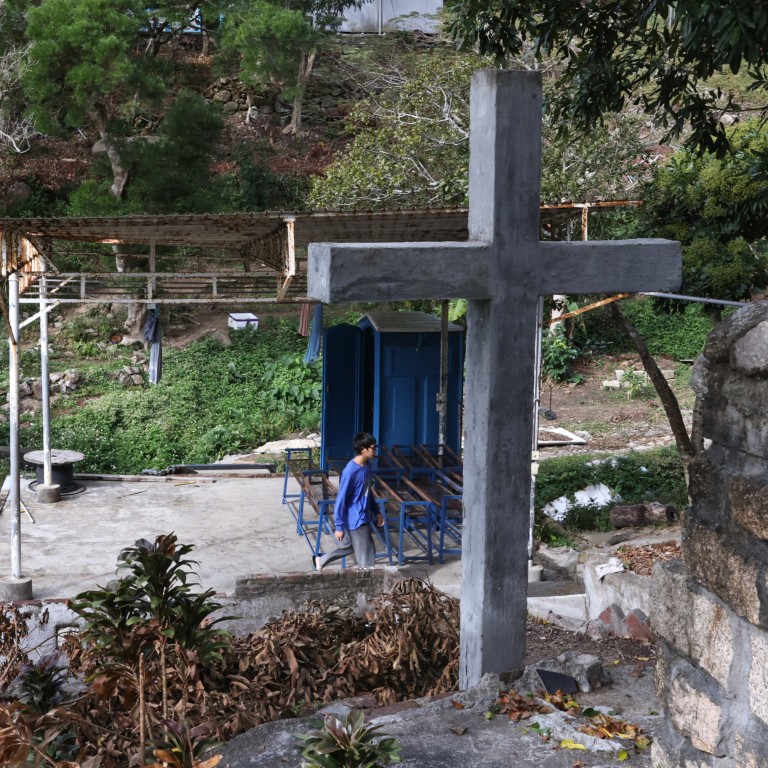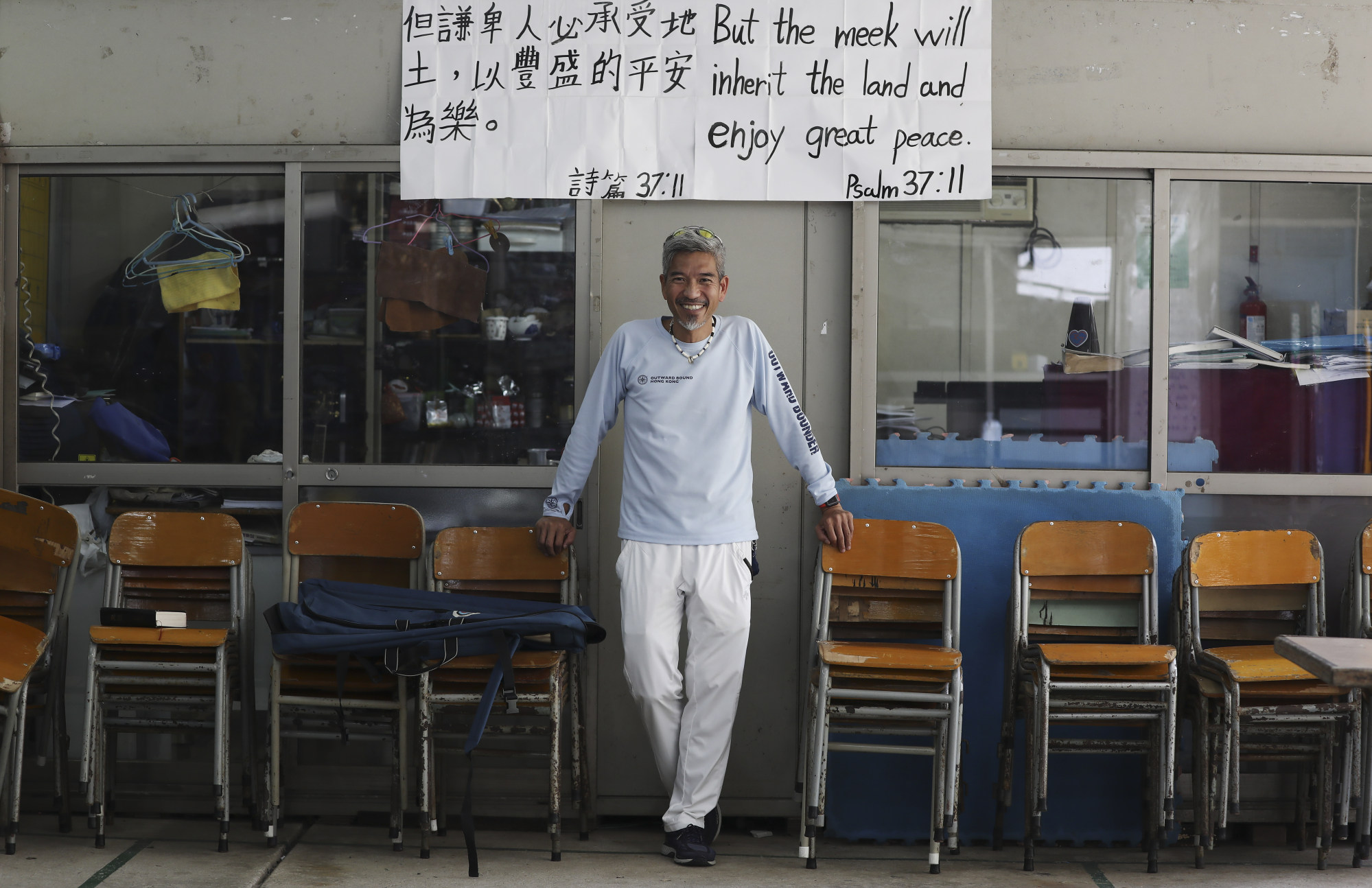
Hong Kong’s Security Bureau allocates HK$1 million in emergency funds to help Christian charity involved in alleged HK$50 million fraud
- Christian Zheng Sheng College did not have enough funds to care for teachers and students after founder, principal allegedly stole HK$50 million in donations, bureau says
- ‘We appeal to them not to put their selfishness above the welfare of teachers and students of Zheng Sheng College,’ it adds
Hong Kong’s Security Bureau has provided HK$1 million (US$128,000) in emergency funds to a scandal-hit boarding school to help students as they prepare for their public exams.
The bureau said on Thursday the funds were needed to support teachers and students at Christian Zheng Sheng College, whose non-profit parent organisation is alleged to be involved in an HK$50 million fraud.
It added the welfare of the college’s teachers and students remained a top priority and condemned the organisation’s founder and the school’s principal, who are still at large.
The bureau allocated the funds from the Beat Drugs Fund to meet the urgent needs of the school, as well as ensure that the alleged acts of the wanted people did not affect its operations.
The bureau said fugitive Lam Hay-sing, founder of the Christian Zheng Sheng Association, had yet to transfer the necessary funds to the college’s bank account, despite the government’s repeated requests.
Lam, along with principal Alman Chan Siu-cheuk and association director Chan Yau-chi, has been accused of stealing HK$50 million in donations raised to support the institution.

The trio are thought to have fled the city and are believed to have relocated to Britain and the United States.
The bureau said the school, established almost 40 years ago to help drug addicts, did not have enough funds to care for teachers and students, including seven who were set to take their public exams soon.
“We strongly condemn the ugly and selfish behaviour of these wanted people,” the bureau said.
“We appeal to them not to put their selfishness above the welfare of teachers and students of Zheng Sheng College and not to waste the kindness of residents who donate to the association to satisfy their personal needs.”
Police launched a manhunt for the trio in January and arrested four other directors of the association on suspicion of conspiracy to defraud – an offence punishable by up to 14 years in jail.
A supervisor at the college said the case was a “misunderstanding” the same month and appealed to the three to return to the city to clear their names.
Police said principal Chan had set up a fundraising campaign between October and December 2020 to support the operation of the college and claimed donations had dried up, which had left it in financial difficulties.
Principal, 2 directors of Hong Kong charity on run over alleged HK$50 million fraud
He appealed for donations of HK$300,000 a month in 2020. But police said the number of donations received by the organisation was increasing, contradicting the principal’s claims.
Although the college did receive funds from the organisation, police investigations indicated an abnormal decline in the amount allocated to the institution.
More than 300 transactions involving substantial amounts of money were recorded between 2020 and 2023 in some of the bank accounts the association used to collect donations, police said.
The money was allegedly transferred to more than 10 other accounts held by the organisation, as well as three personal accounts set up by the principal and directors.
Police also alleged that about HK$50 million was transferred out of the organisation’s bank accounts to overseas destinations between 2022 and 2023.
The controversy caused some lawmakers to call on the government to establish a centralised register for charities and introduce laws that regulated the organisations’ board of directors, corporate governance and financial reporting.

